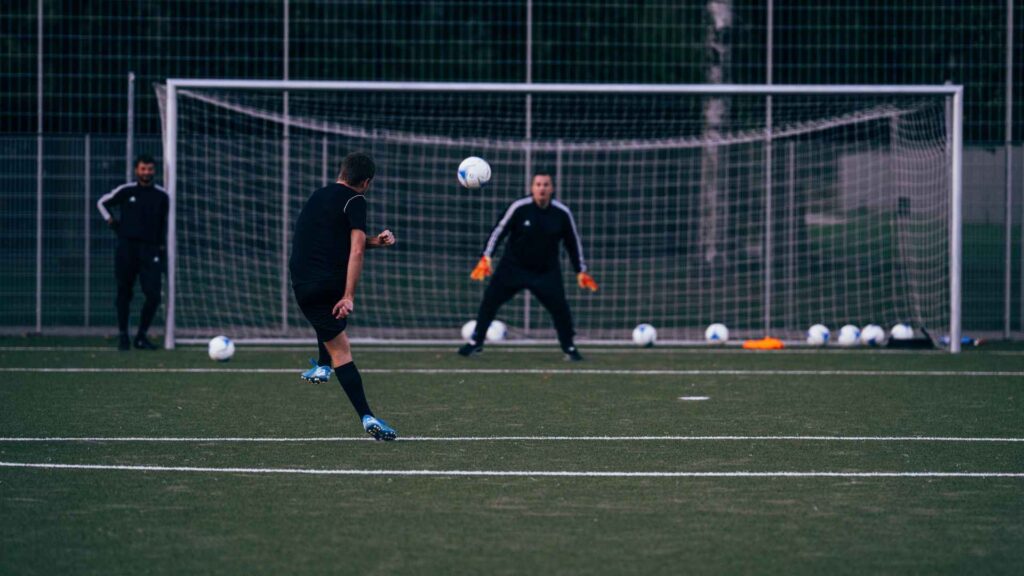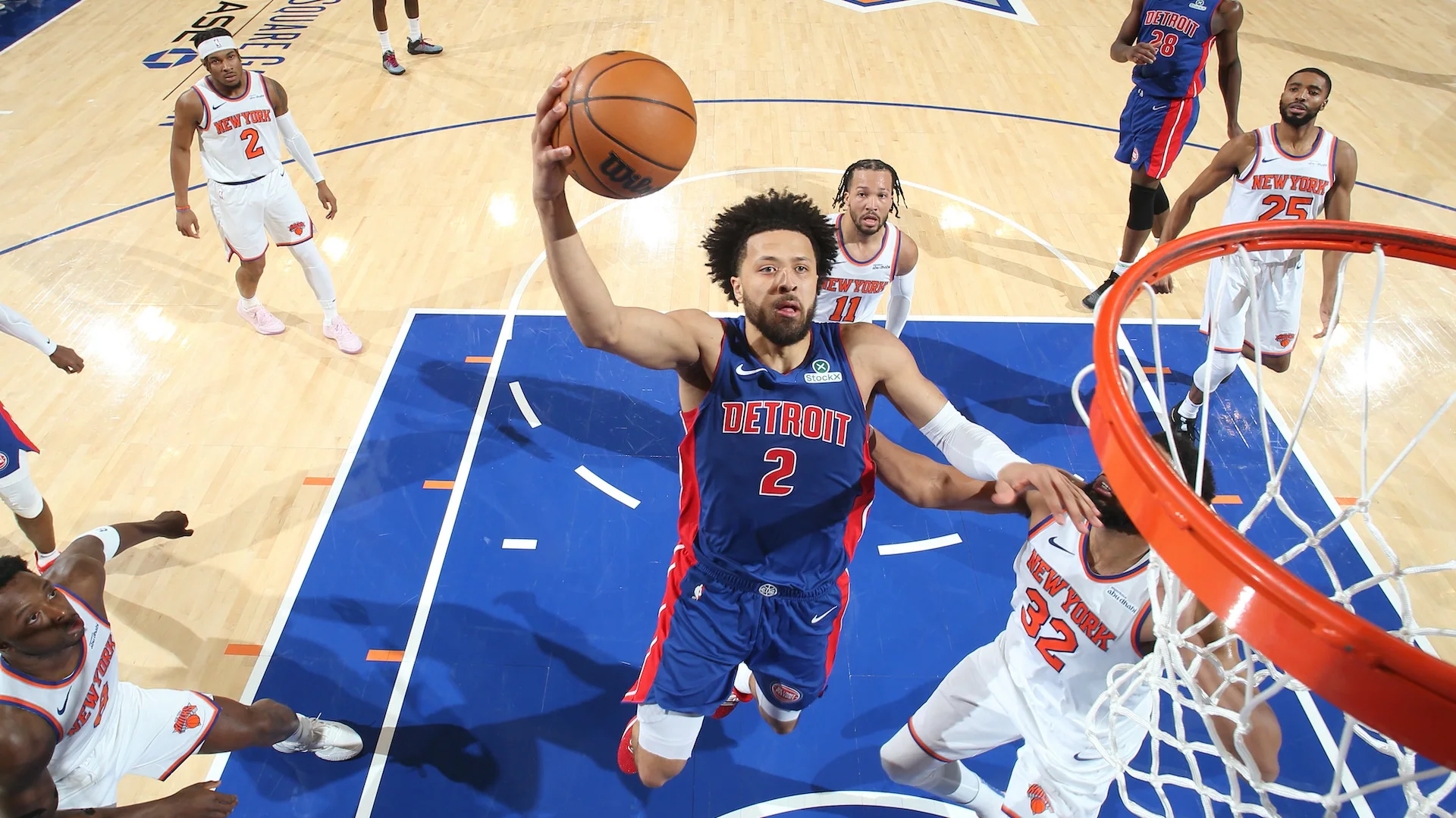The world of sports is a captivating realm where every season brings an influx of fresh talent. When rookie athletes step into the spotlight during their first year in the big leagues, they carry the weight of expectations, dreams, and the transformative journey from amateur to professional athlete. This article will delve into the intricacies of a Rookie Year, exploring the challenges and triumphs that define first-year athletes in various sports. Through engaging narratives and personal insights, we will paint a vivid picture of what it truly means to be a rookie.
The Transition: From Amateur to Professional

Transitioning from amateur status to becoming a professional athlete represents a significant milestone in any sports career. For rookies, this leap is often fraught with uncertainty, excitement, and immense pressure.
The Psychological Impact of Going Pro
Understanding the psychological impacts of transitioning to professional athletics is crucial for both the athletes and their supporters.
For many rookies, stepping onto the field or court as a professional athlete can feel surreal. The pressure to perform well immediately can lead to anxiety and self-doubt. Many rookies are coming off achievements in college sports or minor leagues, where they were the star players on their teams. In the big leagues, however, they suddenly find themselves surrounded by seasoned veterans who have honed their skills for years.
This shift can bring about feelings of inadequacy and the fear of failure. Athletes must learn to manage their mental state, developing coping strategies to thrive under this new level of scrutiny. Support from coaches, teammates, and sports psychologists becomes invaluable during this trying time.
Adjusting to New Expectations
As rookies enter the professional arena, they face vastly different expectations than those they encountered in their previous athletic careers.
In college or lower leagues, standout performances can earn accolades and recognition, but in the big leagues, the bar is set higher. Rookies may be expected to produce immediate results while contributing to team success. The weight of these expectations can be daunting, leading to increased stress.
Many rookie athletes find it helpful to focus on one game at a time rather than fixating on overall performance. Setting small, achievable goals can foster a sense of accomplishment, allowing them to gradually build confidence.
Building Relationships with Teammates
The camaraderie among teammates can significantly impact a rookie’s adjustment to professional sports.
Building relationships with veteran players can offer valuable mentorship opportunities. Many established athletes are willing to share their experiences and provide guidance on navigating the complexities of professional sports. By fostering a sense of belonging within the team, rookies can alleviate some of the pressures they face.
Sharing personal stories and struggles can create connections that transcend the game itself. This unity can also lead to teamwork on the field, where mutual trust allows rookies to perform at their best.
Navigating Performance Pressure

The burden of performance pressure weighs heavily on rookie athletes, impacting their gameplay and overall experience in the big leagues.
The Weight of Public Scrutiny
With the rise of social media and 24-hour sports coverage, public scrutiny has reached unprecedented levels. Every play, every mistake, and every achievement is dissected by fans and analysts alike. Many fans show their support for the rising stars by donning Chicago Cubs Jerseys, a testament to the excitement surrounding these promising athletes. Rookies quickly realize that their performances are not only scrutinized by coaches and teammates but also by millions of spectators worldwide.
This constant evaluation can lead to feelings of anxiety and fear of failure. Athletes must learn to compartmentalize criticism and develop resilience in the face of public opinion. Embracing constructive feedback is essential, but finding a healthy balance between external validation and self-worth is equally important.
Coping Mechanisms for Stress Management
To cope with the intense pressures of professional sports, rookies often turn to various stress management techniques.
Mindfulness practices such as meditation and visualization can help athletes maintain focus and composure amid chaos. These techniques allow them to ground themselves and cultivate mental clarity before and during games.
Physical fitness can also serve as a great stress relief tool. Engaging in regular exercise beyond normal training helps release endorphins, improving mood and reducing anxiety. Rookies must prioritize their physical and mental health to ensure long-term success in their careers.
Learning from Mistakes
Mistakes are inevitable in sports, especially for rookies adjusting to a demanding environment.
Rather than dwelling on errors, rookie athletes must adopt a growth mindset, viewing setbacks as opportunities for learning. Analyzing game footage and seeking feedback from coaches can provide valuable insights for improvement.
Rookies should keep in mind that even the most successful athletes have faced adversity throughout their careers. Embracing the learning process fosters resilience, ultimately leading to more consistent performances over time.
The Role of Coaching and Support Systems

The influence of coaching and support systems cannot be overstated when it comes to rookie athletes thriving in their first year in professional sports.
The Importance of Mentorship
Mentorship plays a pivotal role in the development of rookie athletes, providing guidance and insight from experienced professionals.
Coaches and veteran players who take the time to nurture rookies can profoundly impact their transition. This mentorship can extend beyond technical skills, encompassing aspects of professionalism, discipline, and work ethic.
Having a mentor can ease the overwhelming nature of becoming a pro, instilling confidence and fostering a sense of belonging within the team.
Building a Strong Support Network
A robust support network is essential for rookies as they navigate their inaugural year in the big leagues.
Family, friends, and mentors all play a role in helping athletes cope with the challenges of professional sports. Open communication with loved ones can provide emotional support and encouragement during tough times.
Additionally, many teams employ sports psychologists and counselors who specialize in helping athletes develop coping strategies. Seeking assistance is a sign of strength, and rookies should recognize the value of prioritizing their mental health.
Celebrating Small Victories
In the whirlwind of competition, it’s easy for rookies to overlook their progress.
Celebrating small victories—be it a good practice session, a successful game, or improved statistics—can boost morale and motivation. Acknowledging incremental progress helps athletes stay focused on their long-term goals while fostering a positive mindset.
Supportive teammates and coaching staff can encourage this celebration of milestones, reminding rookies of their potential and achievements along the way.
The Evolution of a Rookie: Personal Growth and Development
As the rookie year unfolds, athletes experience tremendous personal growth, both on and off the field.
Adapting to Life as a Professional Athlete
Becoming a professional athlete requires significant adjustments to one’s lifestyle and priorities.
Rookies must adapt to rigorous training schedules, travel demands, and balancing personal lives with their newfound commitments. This adaptability is crucial for their longevity in the sport.
Time management becomes essential as rookies juggle practices, games, and personal obligations. Developing routines and prioritizing responsibilities can help athletes find equilibrium in their busy lives, laying the groundwork for success in their careers.
The Journey of Self-Discovery
Throughout the rookie season, athletes embark on a journey of self-discovery.
Facing challenges and overcoming obstacles forces rookies to reflect on their values, motivations, and aspirations. This introspection enables them to understand their strengths and weaknesses better, ultimately shaping their identity as athletes.
Embracing vulnerability can lead to deeper self-awareness and a stronger connection to the game. Athletes who remain true to themselves are often more effective and fulfilled in their pursuits.
Building Resilience for the Future
The rookie year serves as a foundation for building resilience, which is vital in the competitive world of sports.
Learning to tackle adversity head-on sets rookies up for long-term success. The ability to bounce back from failures and persist in the face of challenges is a hallmark of elite athletes.
As rookies evolve, they gain valuable insights and experiences that shape their careers. These lessons—rooted in perseverance and determination—will empower them to navigate future hurdles and seize opportunities as they arise.
FAQs
What is considered a rookie year in professional sports?
A rookie year refers to an athlete’s first season playing at the professional level in their respective sport. During this time, they adapt to the rigors of competition and establish themselves in the league.
How do rookies handle pressure from fans and media?
Rookies often cope with pressure through different methods, including mindfulness practices, support from teammates, and focusing on individual goals rather than external expectations.
Is mentorship important for rookie athletes?
Yes, mentorship is crucial for rookie athletes. Experienced coaches and players can provide guidance, support, and valuable insights that help rookies navigate their transition to professional sports.
How can rookies celebrate their achievements during their first year?
Rookies can celebrate small victories by acknowledging their progress, whether through improved performance, successful practices, or personal accomplishments outside of sports. Recognizing these moments fosters motivation and positivity.
Why is resilience important for rookie athletes?
Resilience is essential for rookie athletes as it equips them to face challenges and setbacks. The ability to bounce back and learn from failures lays the foundation for sustained success in their athletic careers.
Conclusion
The rookie year is a transformative period that shapes the trajectory of an athlete’s career. From navigating public scrutiny to forging meaningful relationships and embracing personal growth, rookies undergo a remarkable evolution during their first season in the big leagues. As they face challenges and celebrate victories, they lay the groundwork for their future success—on and off the field. By understanding the complexities of their journeys, we gain a deeper appreciation for the resilience, dedication, and passion that define these young athletes as they carve their paths in the world of professional sports.




